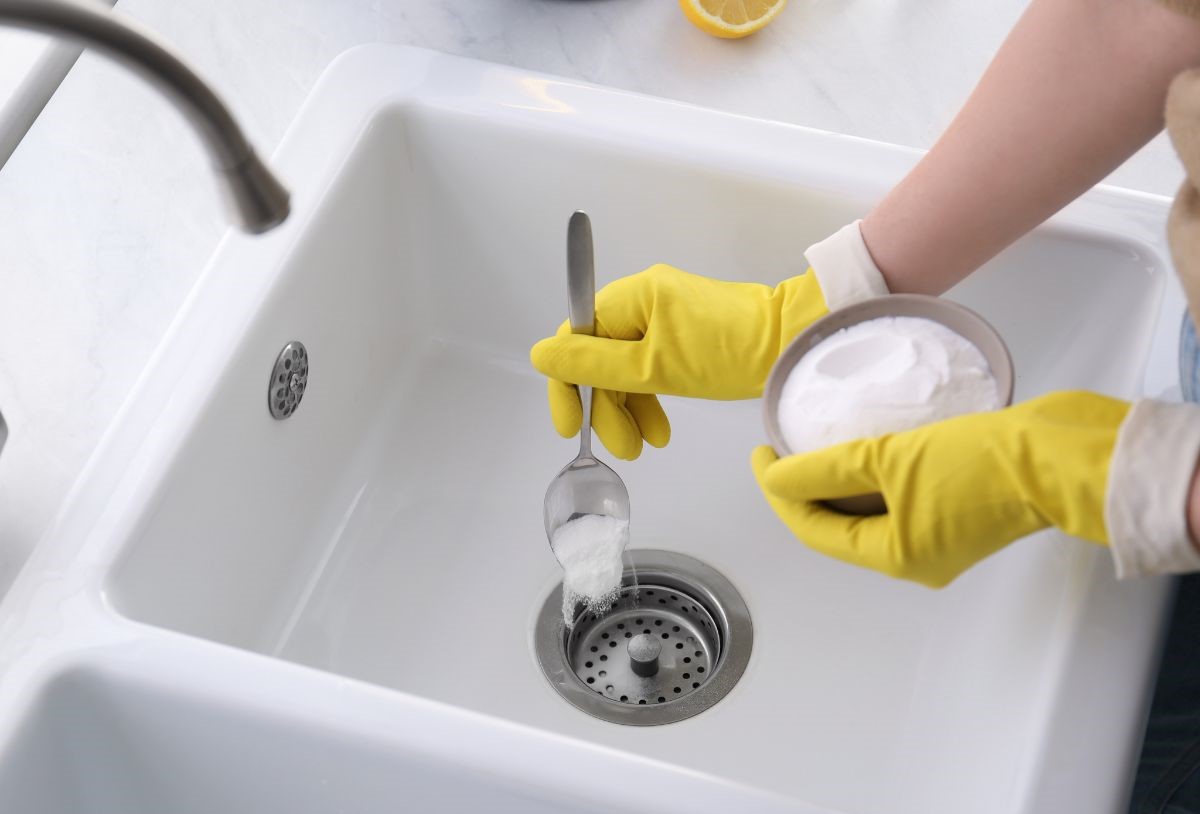

Articles
How To Get Rid Of Bathroom Sink Smell
Modified: October 19, 2024
Discover effective articles on how to eliminate that unpleasant bathroom sink smell and enjoy a fresh and inviting space.
(Many of the links in this article redirect to a specific reviewed product. Your purchase of these products through affiliate links helps to generate commission for Storables.com, at no extra cost. Learn more)
Introduction
There’s nothing more unpleasant than walking into your bathroom and being greeted by a foul smell coming from the sink. It not only ruins the atmosphere of the room, but it can also be embarrassing when guests visit your home. The good news is that getting rid of the smell is usually a straightforward process. In this article, we’ll explore the common causes of bathroom sink smell and provide you with effective methods to eliminate it.
When it comes to the dreaded bathroom sink smell, there are several possible culprits. One of the most common causes is a buildup of gunk and debris in the drain trap. This can include hair, soap scum, and other organic matter that gets washed down the sink. When these substances accumulate, they create a breeding ground for bacteria and mold, which in turn produce the unpleasant odor.
Another potential cause of bathroom sink smell is a clog in the drain pipe. This can result in stagnant water sitting in the pipe, leading to bacterial growth and the release of foul odors. Additionally, leaks in the plumbing can also contribute to a smelly sink. If there are any leaks, the damp environment provides the perfect conditions for mold and mildew to thrive, causing an unpleasant smell.
Now that we’ve identified some common causes of bathroom sink smell, let’s explore the steps you can take to remove those odors and get your bathroom smelling fresh again. Remember, it’s always a good idea to tackle this issue sooner rather than later to prevent further damage to your plumbing system and maintain a hygienic environment in your home.
Key Takeaways:
- Say goodbye to foul bathroom sink odors by regularly cleaning the drain, using baking soda and vinegar, and practicing preventive maintenance to keep your bathroom smelling fresh and inviting.
- Don’t let sink odors ruin your bathroom ambiance. Address the root causes by checking for leaks, using commercial drain cleaners, and maintaining proper ventilation for a pleasant and odor-free sink.
Read more: How To Get Rid Of Dryer Smell
Common Causes of Bathroom Sink Smell
Understanding the root causes of the foul smell coming from your bathroom sink is crucial in effectively eliminating it. Here are some common reasons why your sink may be emitting an unpleasant odor:
- Buildup in the Drain Trap: The drain trap, also known as the P-trap, is a U-shaped pipe located beneath the sink. Its purpose is to prevent sewer gases from entering your bathroom. However, over time, the drain trap can become clogged with hair, soap residue, and other debris. This accumulation creates a breeding ground for bacteria and gives rise to a foul smell.
- Clogged Drain Pipe: If your sink drain is slow or completely blocked, it could indicate a clogged drain pipe. When water cannot flow freely through the pipe, it can lead to stagnant water and an increase in bacteria, resulting in a strong odor emitting from the sink.
- Leaking Plumbing: Leaks in the plumbing system underneath the sink can contribute to a smelly bathroom. As water escapes from the pipes, it creates a damp environment perfect for mold and mildew growth. These fungi not only produce an unpleasant smell, but they can also pose health risks.
- Infrequent Use: If a bathroom sink is not used regularly, the water in the trap can evaporate, allowing sewer gases to escape into the room. This can result in a foul odor that dissipates once the sink is used again and the trap fills with water.
- Improper Ventilation: Inadequate ventilation in the bathroom can exacerbate sink odor problems. When moisture lingers in the air, it creates a humid environment that promotes the growth of bacteria and mold. This can lead to unpleasant smells coming from the sink.
It’s important to identify the specific cause of the odor in your bathroom sink to effectively eliminate it. By addressing the root cause, you can prevent the problem from recurring and enjoy a fresh-smelling bathroom.
Removing Odors from the Bathroom Sink
Now that you’re aware of the common causes of bathroom sink smell, it’s time to take action and eliminate those unpleasant odors. Here are several methods you can try:
- Cleaning the Drain: One of the first steps in getting rid of sink odors is to clean the drain trap. Start by removing any visible debris using gloves or tweezers. Next, pour boiling water down the drain to help dissolve any remaining residue. Follow this with a mixture of equal parts vinegar and baking soda. Let it sit for a few minutes, then flush it out with hot water. This combination helps break down organic matter and neutralize odors.
- Using Baking Soda and Vinegar: Another effective method to combat sink odors is to use a mixture of baking soda and vinegar. Start by pouring a cup of baking soda down the drain. Follow it up with a cup of vinegar, and immediately cover the drain to trap the reaction inside. Let it fizz for about 15 minutes, then flush it with hot water. This combination not only helps remove odor-causing substances but also acts as a natural disinfectant.
- Using Commercial Drain Cleaners: If the previous methods don’t provide satisfactory results, you can try using a commercial drain cleaner. There are various products available on the market specifically designed to remove odors and clear clogs in sink drains. Be sure to follow the instructions on the product carefully, as some cleaners may require specific handling or protective equipment.
- Checking for Leaks: If you suspect that a leaking pipe is contributing to the sink smell, it’s essential to identify and repair the leak promptly. Inspect the plumbing beneath the sink for any signs of water damage or moisture. If you discover a leak, it’s recommended to seek the assistance of a professional plumber to fix the issue.
- Regular Maintenance and Prevention Tips: Preventing future sink odors is just as important as eliminating the existing ones. Here are several maintenance tips to keep your bathroom sink smelling fresh:
- Regularly clean the drain trap and remove any visible debris.
- Run hot water down the drain after each use to help flush away potential odor-causing materials.
- Periodically perform a thorough cleaning using a mixture of baking soda and vinegar.
- Ensure the bathroom is properly ventilated to reduce moisture and inhibit the growth of mold and bacteria.
By following these methods and implementing regular maintenance, you can effectively eliminate odors from your bathroom sink and maintain a fresh-smelling environment. Remember, if the odor persists or if you encounter any plumbing issues beyond your capabilities, it’s always best to consult a professional for assistance.
Cleaning the Drain
One of the most effective ways to eliminate odors from your bathroom sink is by cleaning the drain. Over time, debris such as hair, soap scum, and food particles can accumulate in the drain trap and pipes, creating a breeding ground for bacteria and resulting in unpleasant smells. Follow these steps to clean your drain and get rid of the odor:
- Gather the necessary supplies: Before you begin, gather the following supplies: gloves, a small bucket, a drain brush or pipe cleaner, and a mild cleaning solution.
- Remove any visible debris: Put on your gloves and remove any visible debris that you can reach with your hands or with the help of a pair of tweezers. Place the debris into the small bucket to dispose of it properly.
- Use a drain brush or pipe cleaner: Insert a drain brush or pipe cleaner into the drain opening and gently scrub the inside of the pipe. This will help dislodge any clogs or buildup that may be contributing to the odor. Be careful not to forcefully push the brush or cleaner too far into the pipe, as it could cause damage.
- Flush the drain: After brushing the drain, run hot water down the drain for a few minutes to help flush away any loosened debris. Hot water is effective in breaking down oil and grease that may have accumulated in the pipes.
- Apply a mild cleaning solution: If the odor persists, you can use a mild cleaning solution to further clean the drain. Mix equal parts of vinegar and water or use a mild dish soap diluted in water. Pour the solution down the drain and let it sit for about 15 minutes to allow it to break down any remaining residue. Then, thoroughly rinse the drain with hot water.
By regularly cleaning your drain using these steps, you can remove the buildup of gunk and debris that causes odors. It’s a good practice to clean the drain once every few months to prevent future odor issues and maintain a fresh-smelling bathroom sink.
Using Baking Soda and Vinegar
Another effective method for eliminating odors from your bathroom sink is by using a combination of baking soda and vinegar. This natural and eco-friendly solution helps break down organic matter, neutralize odors, and act as a mild disinfectant. Follow these steps to effectively use baking soda and vinegar:
- Gather the necessary supplies: Before you begin, gather a box of baking soda, white vinegar, a small bowl, and a kettle or pot of boiling water.
- Pour baking soda down the drain: Start by pouring about one cup of baking soda down the sink drain. Ensure that it goes into the drain opening as much as possible.
- Pour vinegar down the drain: After the baking soda, pour about one cup of white vinegar into the drain. The mixture will fizz and bubble, which is normal and indicates that the reaction is working to break down the debris and neutralize odors.
- Cover the drain: To maximize the effectiveness of the baking soda and vinegar mixture, cover the drain with a drain plug or a cloth immediately after pouring in the vinegar. This will trap the reaction inside the drain and allow it to work on the odor-causing substances.
- Let it sit and flush with hot water: Leave the baking soda and vinegar mixture to sit in the drain for about 15 minutes. During this time, the mixture will continue to work on breaking down the organic matter and eliminating the odors. Afterward, remove the drain plug or cloth and flush the mixture away with a kettle or pot of boiling water.
The combination of baking soda and vinegar is a powerful natural solution for removing odors and keeping your bathroom sink fresh. With its fizzing action and disinfectant properties, it helps break down residue and kill bacteria without using harsh chemicals. Regular use of this method can help maintain a clean and odor-free drain.
To get rid of bathroom sink smell, pour a mixture of baking soda and vinegar down the drain, followed by hot water. This will help break down and eliminate any organic matter causing the odor.
Read more: How To Get Rid Of Chimney Smell
Using Commercial Drain Cleaners
If the previous methods haven’t successfully eliminated the odor from your bathroom sink, you may consider using a commercial drain cleaner. These cleaners are specifically formulated to dissolve buildup, clear clogs, and eliminate odors in your drains. Here are a few things to keep in mind when using commercial drain cleaners:
- Choose the right product: There are various types of commercial drain cleaners available, including liquid cleaners, gel cleaners, and enzyme-based cleaners. Read the labels and choose a product that is suitable for your specific issue.
- Follow the instructions: It’s essential to carefully read and follow the instructions provided by the manufacturer. Different drain cleaners may have specific recommendations for application and safety precautions.
- Protective measures: When using commercial drain cleaners, always wear gloves and eye protection to prevent contact with the chemicals. It’s important to work in a well-ventilated area to avoid inhalation of fumes.
- Pour the drain cleaner: Follow the instructions and pour the appropriate amount of drain cleaner directly into the sink drain. Some products may require you to wait a specific amount of time before flushing the drain with water.
- Flush with water: After the recommended time has passed, flush the drain with hot water to remove any residue and ensure the cleaner is thoroughly rinsed away.
- Exercise caution: While commercial drain cleaners can be effective, they contain strong chemicals that can be harmful if not used correctly. Avoid mixing different drain cleaners or using them in combination with other cleaning products, as it can result in toxic fumes or reactions.
When using commercial drain cleaners, it’s important to exercise caution and only use them as a last resort if other methods have not been successful. If you have concerns about using chemicals or are unsure about the appropriate product to use, it’s advisable to consult a professional plumber for guidance.
Checking for Leaks
If you’ve tried cleaning the drain and using various methods to eliminate the odor from your bathroom sink, but the smell persists, it’s important to check for any potential leaks in the plumbing. Leaks can contribute to a foul smell and indicate underlying plumbing issues that need to be addressed. Follow these steps to check for leaks and take appropriate action:
- Inspect the area beneath the sink: Start by examining the area beneath the sink. Look for any signs of water damage, such as wet spots, discoloration, or mold growth. Focus on the pipes, connections, and joints.
- Check for visible leaks: Turn on the faucet and observe the pipes and connections for any leaking water. Feel around the pipes to check for any moisture or drips.
- Test the drain assembly: Fill the sink with water and then release it. Watch for any water pooling or leaking around the drain assembly. This could indicate a faulty or loose connection.
- Inspect the trap: Check the drain trap, also known as the P-trap, for any leaks. The P-trap is located beneath the sink and is designed to prevent sewer gases from entering your home. Look for any cracks, corrosion, or signs of water leakage.
- Take appropriate action: If you discover a leak or any other plumbing issue, it’s essential to take action promptly. Depending on the severity of the leak, you may be able to fix it yourself by tightening connections or replacing faulty parts. However, if the issue is complex or beyond your expertise, it’s recommended to seek the assistance of a professional plumber to assess and resolve the problem.
- Prevent future leaks: To prevent future leaks and odors, it’s important to practice regular maintenance, such as inspecting and tightening connections, replacing worn-out parts, and fixing any issues as soon as they arise. Additionally, consider using pipe sealants or plumber’s tape during installation to ensure secure and leak-free connections.
Checking for leaks in your bathroom sink is a crucial step in identifying and resolving plumbing issues that may contribute to unpleasant odors. By proactively addressing any leaks, you can prevent further damage and maintain a clean and odor-free bathroom sink.
Regular Maintenance and Prevention Tips
To keep your bathroom sink smelling fresh and to prevent the recurrence of odors, regular maintenance and preventive measures are essential. Follow these tips to maintain a clean and odor-free bathroom sink:
- Clean the drain regularly: Regularly clean the drain to prevent the buildup of hair, soap scum, and other debris. Use methods like baking soda and vinegar or commercial drain cleaners to keep the drain clear.
- Run hot water down the drain: After each use, run hot water down the drain for a few minutes. Hot water helps flush away potential odor-causing substances and keeps the pipes clean.
- Use a drain strainer: Install a drain strainer or hair catcher over the drain to prevent hair, debris, and other objects from going down the drain. This can help reduce the risk of clogs and offensive odors.
- Be mindful of what goes down the sink: Avoid pouring grease, oil, or large quantities of food scraps down the sink. These substances can solidify and cause clogs in the pipes. Dispose of them properly in the trash.
- Maintain proper ventilation: Ensure that your bathroom is well-ventilated to minimize moisture buildup. Use exhaust fans or open windows during and after showers to reduce humidity, which can contribute to mold and mildew growth and lead to unpleasant odors.
- Check for and repair leaks promptly: Regularly inspect the pipes, connections, and drain trap for any signs of leaks. Leaking pipes not only contribute to odors, but they can also cause water damage and mold growth. If you discover a leak, take prompt action to fix it or seek the help of a professional plumber.
- Perform periodic deep cleaning: Aside from regular maintenance, it’s a good idea to perform a deep cleaning of your bathroom sink every few months. Use a mixture of baking soda and vinegar to thoroughly clean the drain and remove any lingering odors.
By following these regular maintenance and prevention tips, you can keep your bathroom sink smelling fresh and prevent the buildup of odors. Consistency is key, so make it a habit to incorporate these practices into your cleaning routine. With proper care, your bathroom sink will remain a clean and pleasant space in your home.
Conclusion
Dealing with a foul smell coming from your bathroom sink can be a frustrating and unpleasant experience. However, by understanding the common causes and implementing the right strategies, you can successfully eliminate the odor and enjoy a fresh-smelling bathroom.
We explored various methods to eradicate bathroom sink odors, including cleaning the drain, using baking soda and vinegar, utilizing commercial drain cleaners, checking for leaks, and practicing regular maintenance and prevention. These techniques address different issues that could be contributing to the unpleasant smell, such as debris buildup, clogged pipes, faulty plumbing, and inadequate ventilation.
Remember, it’s essential to identify the root cause of the odor before attempting to eliminate it. By addressing the specific issue, you can effectively eliminate the smell and prevent it from recurring in the future. Regular maintenance and preventive measures, such as cleaning the drain, running hot water, using drain strainers, proper ventilation, and promptly fixing leaks, play a crucial role in maintaining a fresh-smelling bathroom sink.
If you’ve tried the methods mentioned in this article and are still experiencing persistent odors or plumbing issues beyond your capabilities, don’t hesitate to seek the assistance of a professional plumber. They have the expertise and tools to diagnose and resolve more complex problems.
By implementing these tips and taking proactive steps, you can ensure that your bathroom sink remains free from unpleasant odors, creating a clean and inviting space for you and your family. Say goodbye to unwanted smells and enjoy a refreshing and pleasant bathroom experience.
Frequently Asked Questions about How To Get Rid Of Bathroom Sink Smell
Was this page helpful?
At Storables.com, we guarantee accurate and reliable information. Our content, validated by Expert Board Contributors, is crafted following stringent Editorial Policies. We're committed to providing you with well-researched, expert-backed insights for all your informational needs.
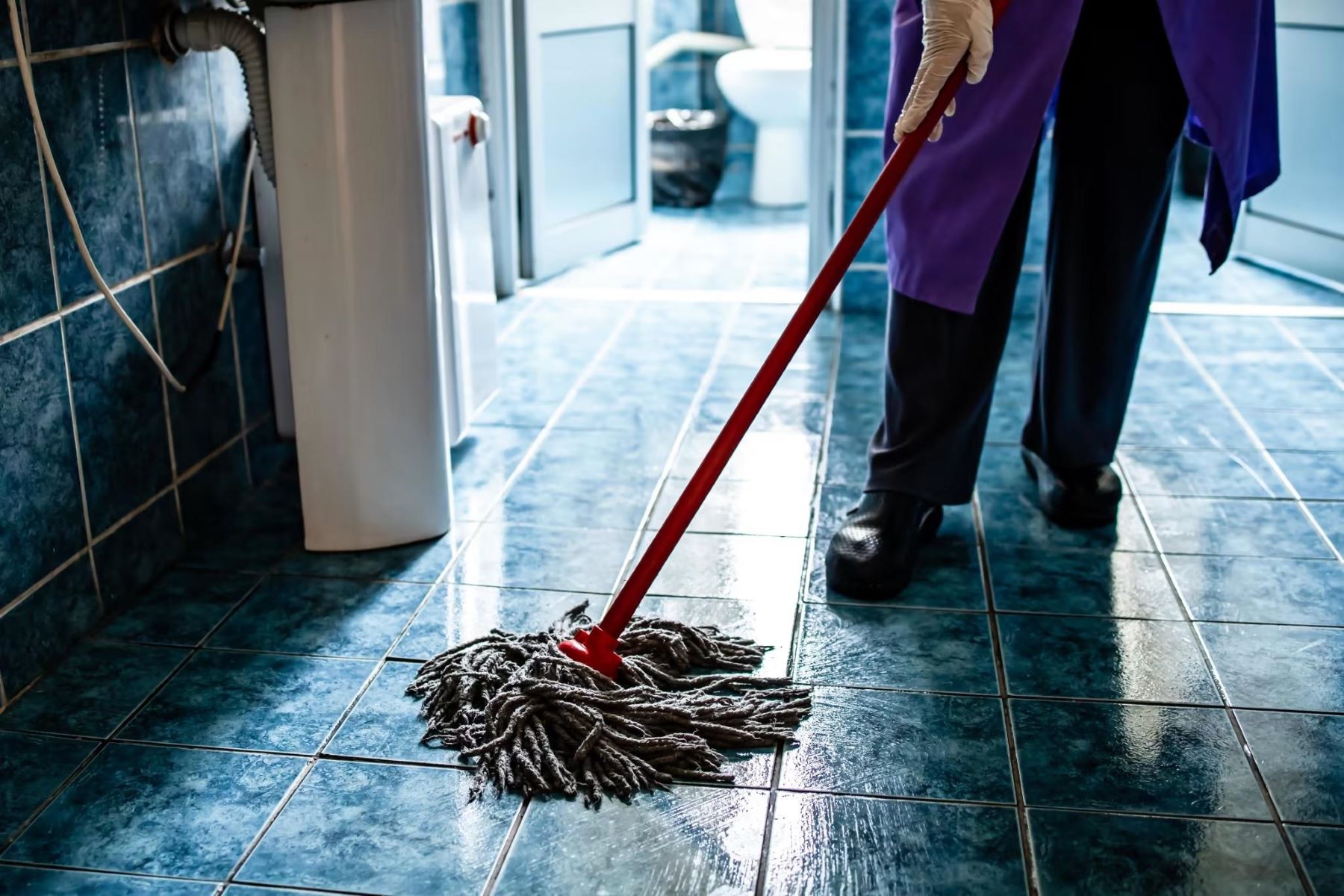
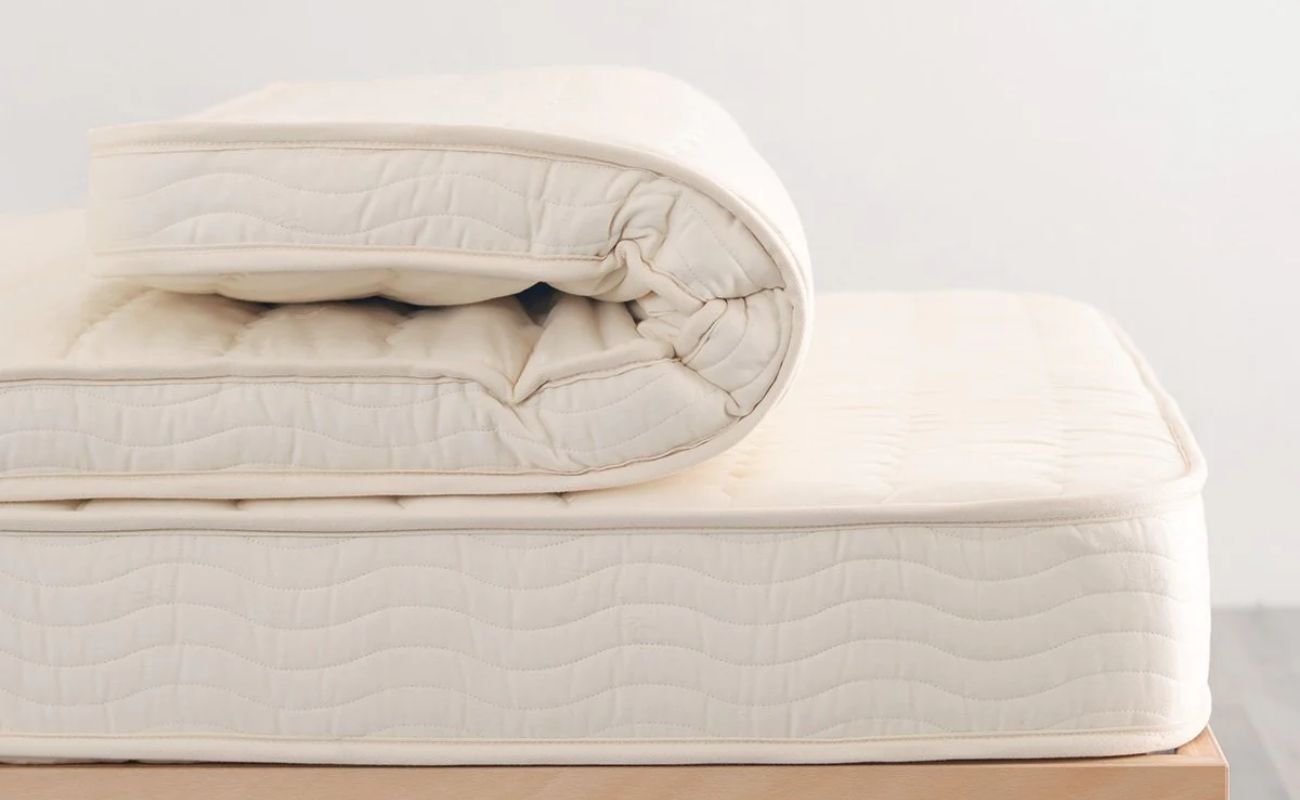
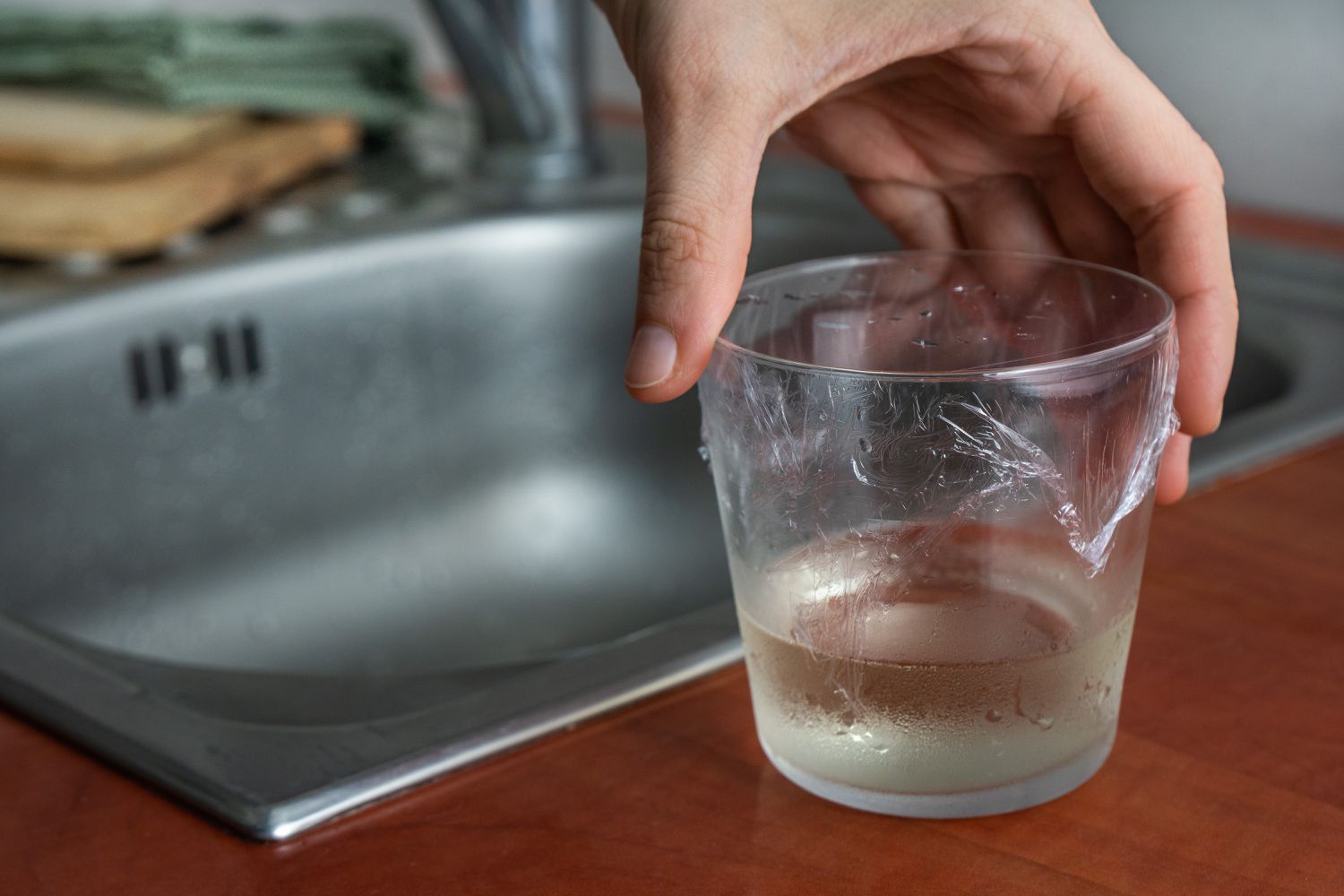
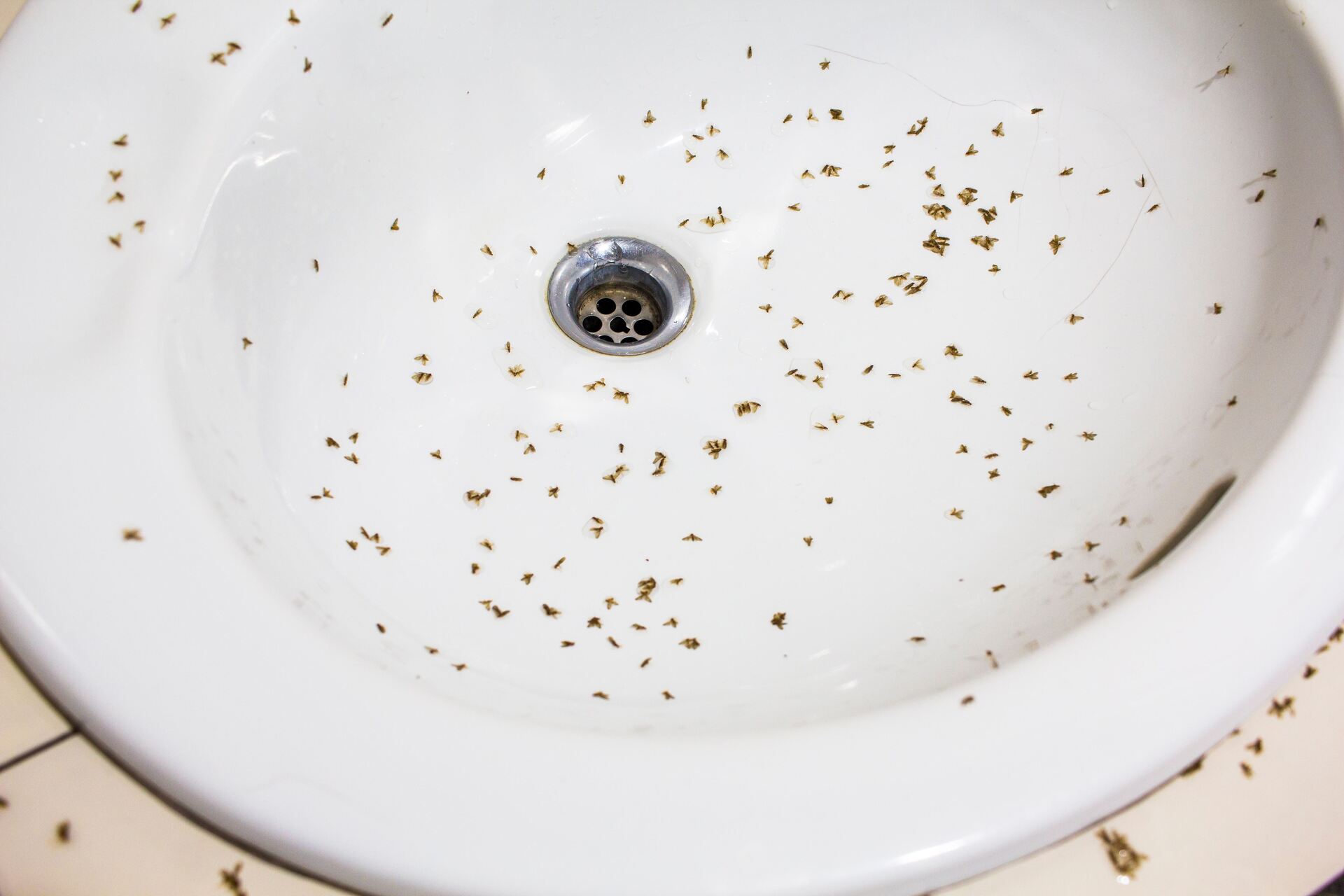




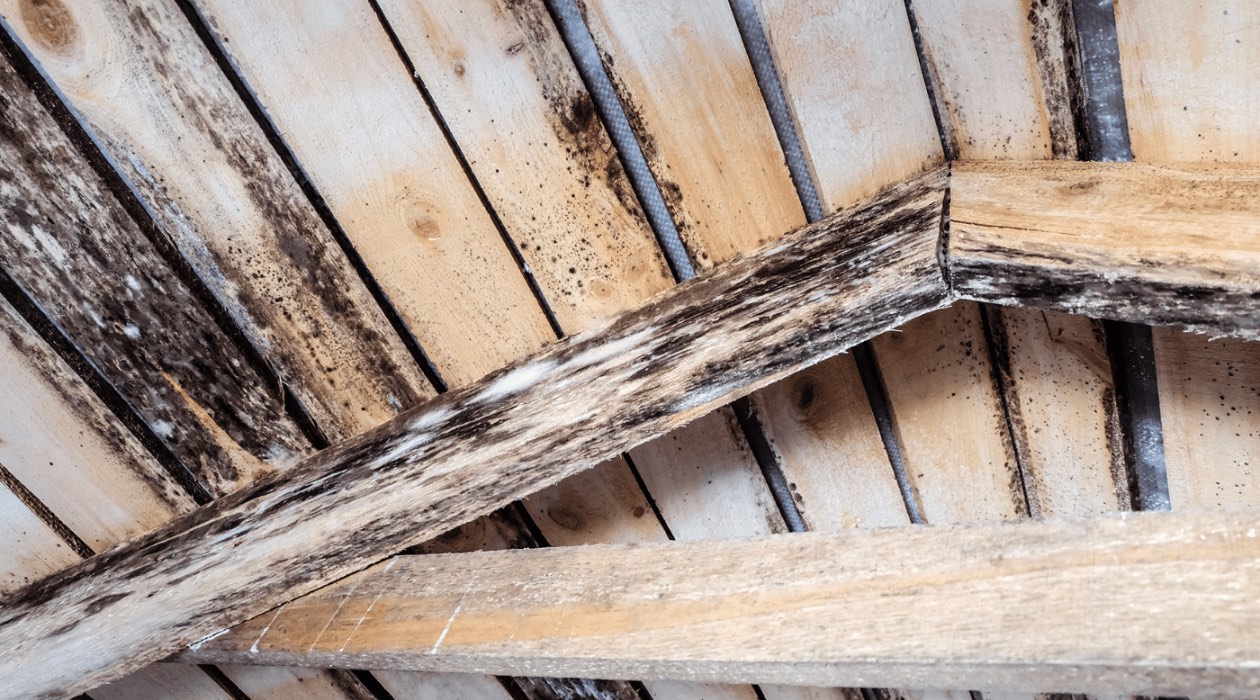
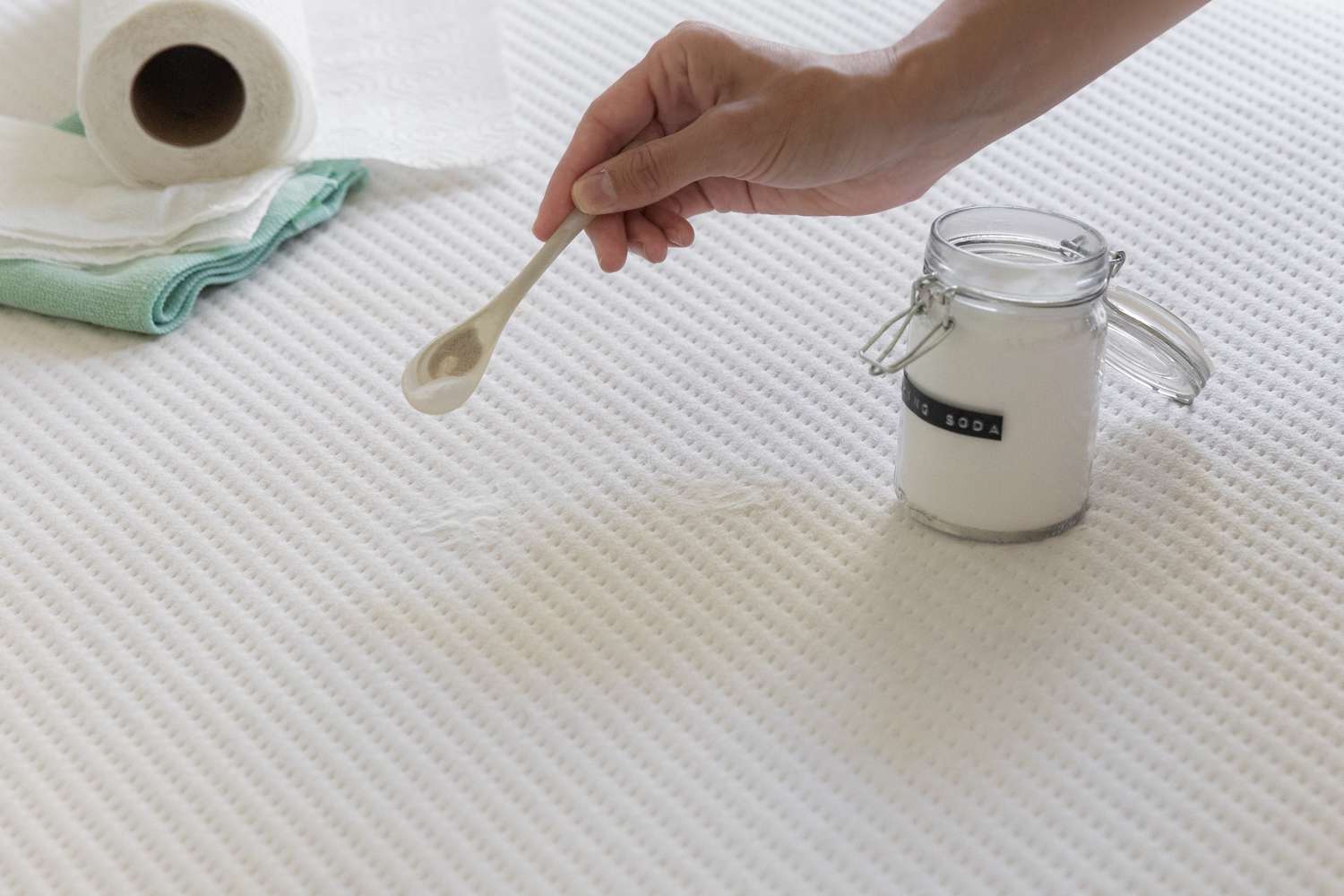
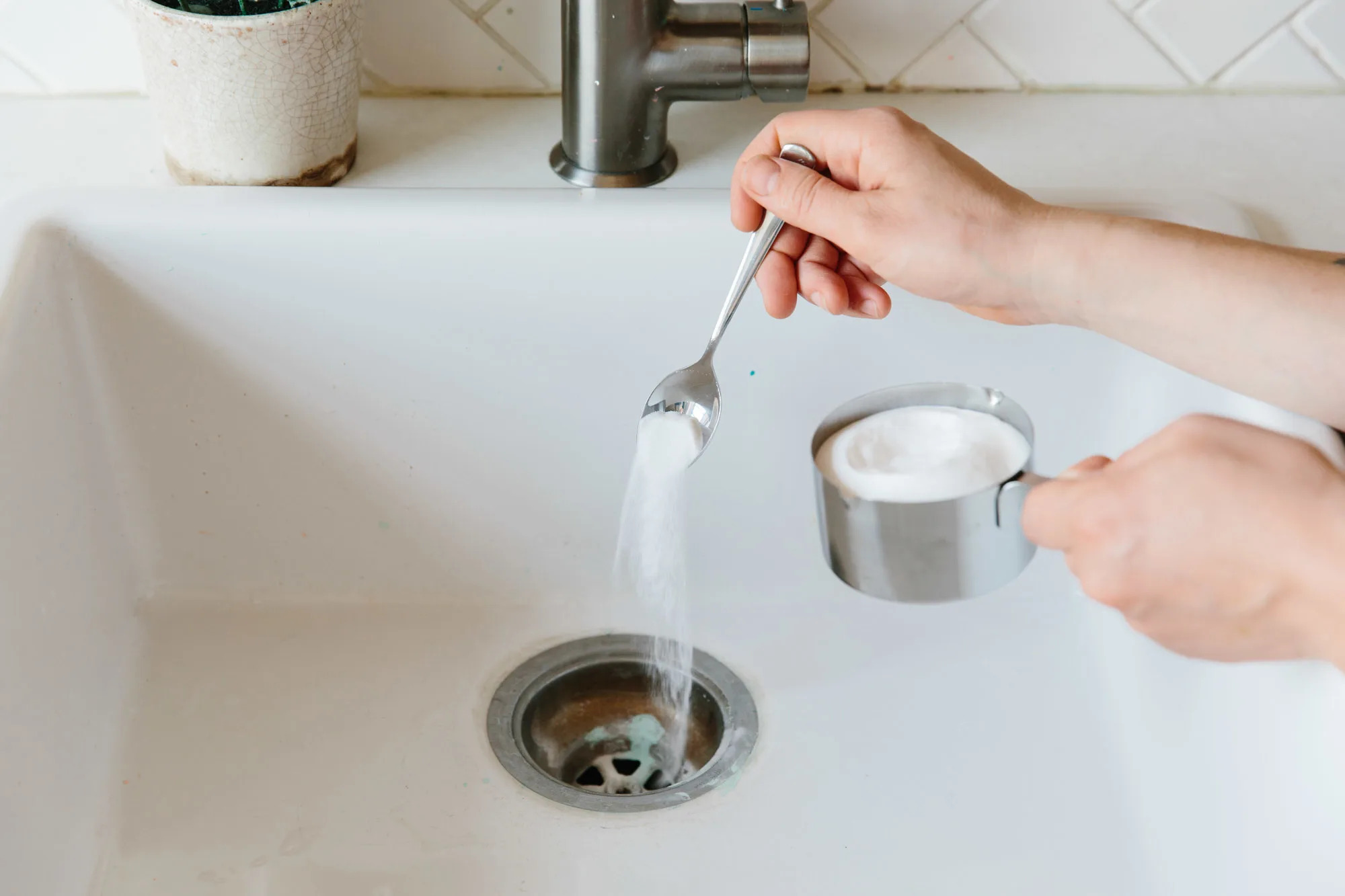
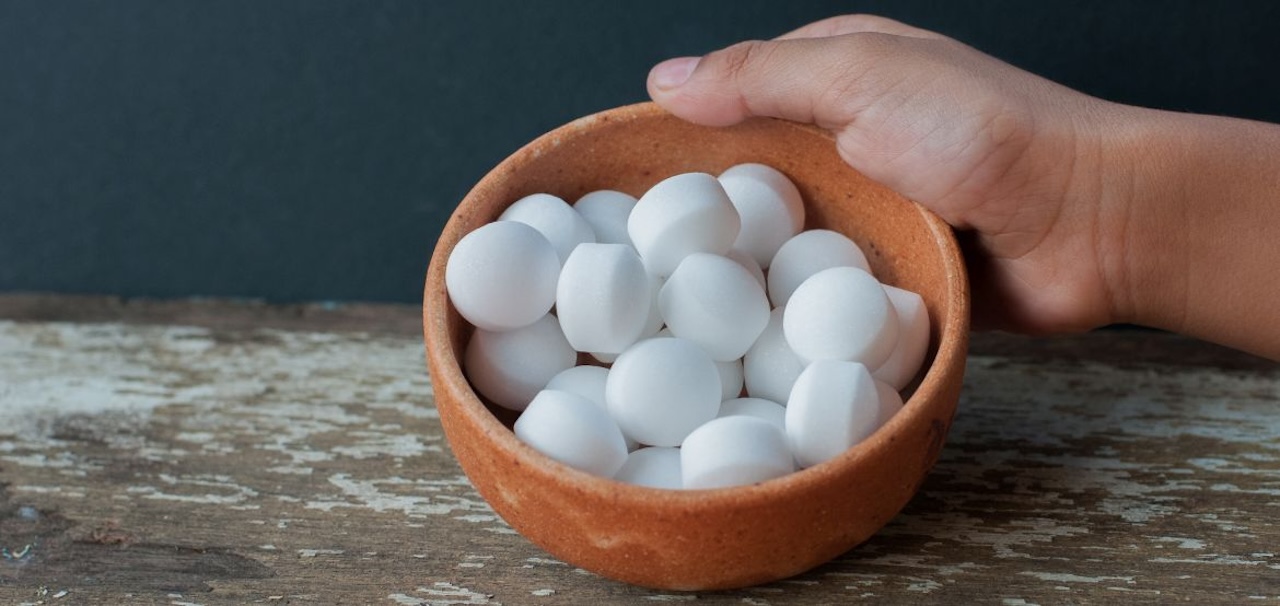

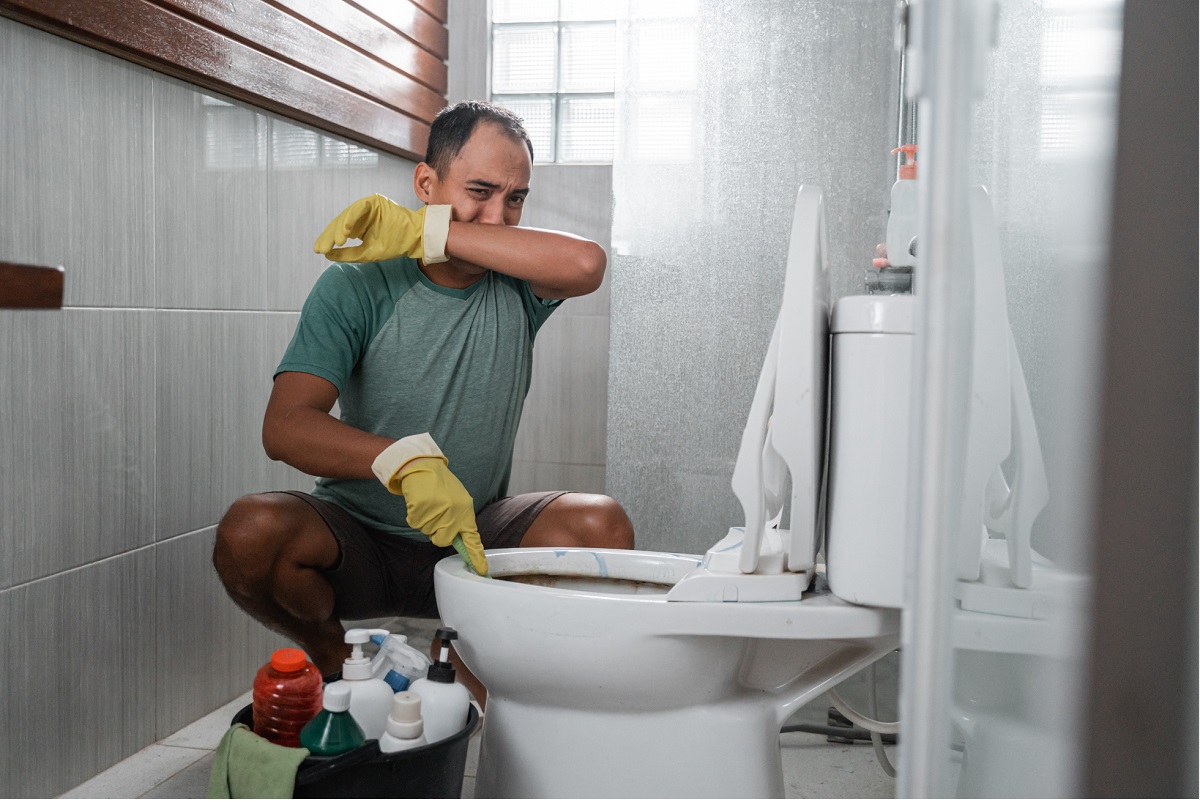

0 thoughts on “How To Get Rid Of Bathroom Sink Smell”